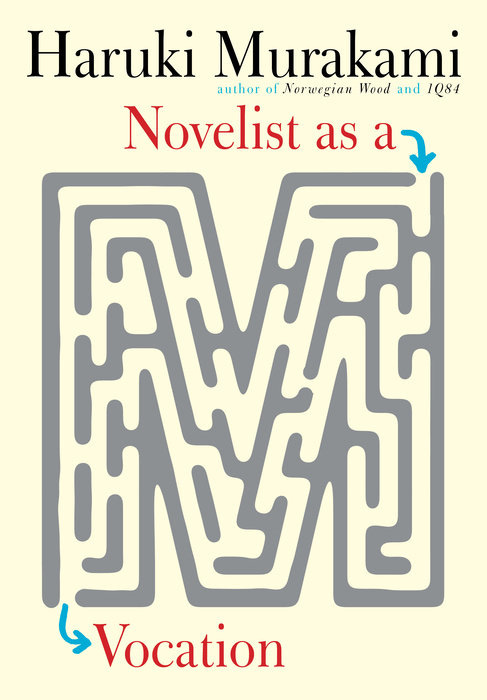Mostly I have only read weird writer’s manuals such as Raymond Queneau’s Exercises in Style. Other than that, I have read books that captured my imagination or passion. I do like a crime book or two, and the one that comes to mind that I would recommend to any writer is Richard Stark’s novels. They all have a beginning, a middle, and an end. The other author I would force my students (if I had any) to read would be PG Wodehouse. Stark and the genius British writer capture a formula that always works. As much as I studied these two, I realized I have no talent for formularized writing. I’m too much of a Beatnik at heart. But Stark and Wodehouse write the same narrative over and over again, and they are always better than the one before.
On the other hand, Queneau, in his Exercises in Style, exposes the technique of writing the same scene but in various styles. For me, “style” is critical in my prose work. The sentence may not be correct, but I have to hear it in my brain to make a go of it, even if there is something illogical about the sentence structure. Queneau sees writing as a puzzle or a game, and it’s not only the tale being told but also the importance of how the author tells it. And there are books about writing like Haruki Murakami’s Novelist as a Vocation.
Usually, any book by a writer reflecting on their writing habits is interesting. People like to know how things are done, and writing a novel is always a mystery. And if one is a long-term reader of novels, one knows numerous methods of writing a book. Murakami tackles that subject matter, but oddly enough, he doesn’t have an answer. It’s a mystery to him as well.
Murakami is an early morning riser who writes for four to five hours in the morning. Afterward, he goes out for a long run. The physical activity reminds me of Yukio Mishima, who believed that the brain and body must be strong to do what it has to do. Mishima’s working hours are different than Murakami's and even odd because Mishima is a family man. The older author worked from Midnight to early morning every day in his writing studio, without fail. He never got into his office later than midnight. He’s ready to go at 12:01 a.m. Murakami has a wife and no children, but his focus is at home before life opens up to him in the later morning. I start my writing time at 11:00 am. I’m consistently interrupted by various phone calls, house duties, and my obsessive need to walk to Record Safari to see if I can obtain an album they put up on their Instagram account. When looking at the computer screen and trying to place the right word, I often think of the record store.
My writing advice is to make a schedule for the day when you have time to write. Once you have made that schedule, do go to your location and open one’s notebook or computer. Beyond that, you don’t have to write anything. If you wish, you can read a book at your table, answer some emails, or, better yet, check out social media. The thing about that medium is that it does lead to depression, not because of the content but due to feelings that you should have spent the time working on your material. Try not to get into that state of mind. Good time for lunch!
If you’re like me, what comes naturally after lunch is a little relaxation time on the couch. This is a reflective time, and as you close your eyes or look at the ceiling, something usually comes up of great interest. At this point, you go back to your workplace and start typing. Now, the second thing is don’t exhaust yourself while writing. Stopping at the right time is an art in itself. What you want to do is to stop working and know you will be excited about the next day. At this point, go out for a three-mile walk. I feel walking is a must for writers.
Novelist as a Vocation is not an essential writer’s manual but more of a pep talk than anything else. Even that, Murakami is kind of low-energy about it all. If you want to learn the craft of writing, read Stark and Wodehouse. Read Queneau’s Exercises in Style, and I would also read Frank O’Hara’s poetry about how he responds to things around him. I think poetry is essential because, for me, that medium explores a world in great detail, almost like a Detective looking at a crime scene. Meditate on images in your mind, and analyze them as profoundly as possible. After that, I think you’re set to go!




I liked Murakami so much in the beginning, and not so much now. His book 1Q84 changed that for me, as he includes a not so hidden parody of Kenzaburo Oe, who he is competitive with and a bit jealous of (Oe won a Nobel). Most Westerners aren't aware of that; his books sold really well when I worked at (briefly) Cody's SF. Mishima I read as a teenager, so he will always have that enhanced respect.
Great insights, especially the recommendation to consume Queneau for breakfast, and O'Hara for lunch.